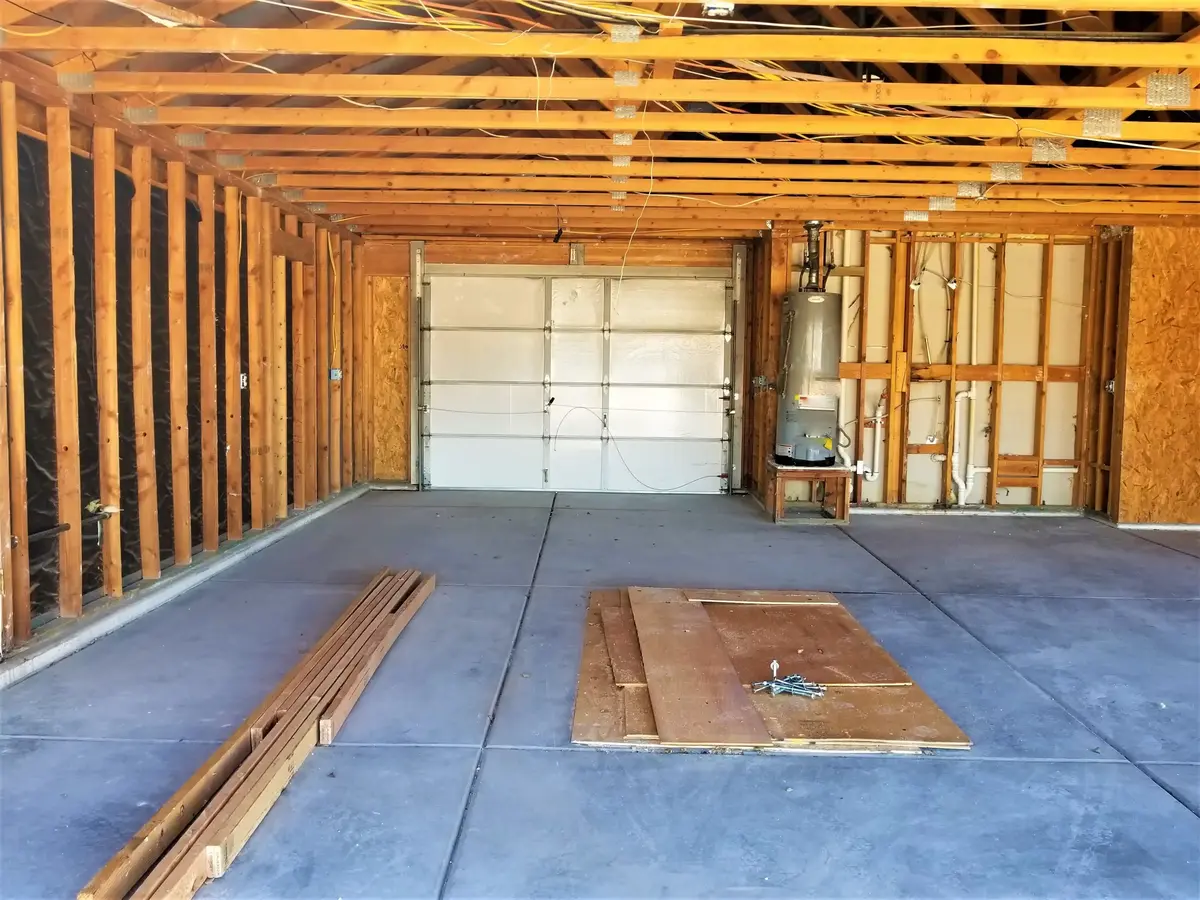Garage
Key Tips for Wiring an Unfinished Garage

Garage Wiring Tips for a Safe and Functional Space
Upgrading your garage’s electrical setup can improve safety and functionality. These garage wiring tips will help you achieve a well-lit and powered space that meets modern needs.
Do You Need a Permit to Wire Your Garage?
Permit requirements vary by location. Some areas allow homeowners to install a limited number of outlets or circuits without a permit. However, many regions require a licensed electrician to obtain the permit, even if you plan to do the work yourself. Always check your local regulations before starting any wiring project.
Essential Garage Wiring Basics
Branch Circuit Requirements
Garages must have at least one dedicated 20-amp circuit for receptacles. For garages with multiple vehicle bays, this circuit should only power outlets. If you have high-demand tools or an EV charger, consider installing additional circuits for better performance.
Receptacle Requirements
Install one receptacle for each vehicle bay, no higher than 5 1/2 feet from the floor. Use GFCI protection for all indoor and outdoor garage outlets to ensure safety. Avoid placing GFCI receptacles in hard-to-reach spots. Instead, opt for GFCI breakers for better accessibility.
Lighting Requirements
Your garage must have a lighting outlet controlled by a wall switch. In garages with multiple bays, keep lighting circuits separate from the 20-amp outlet circuit. Additionally, ensure each exterior door has a lighting outlet for safety and convenience.
Protecting Your Wiring
To prevent damage, run non-metallic sheathed cable (NM-B) at least 1-1/4 inches from framing edges. Use nail plates if you can’t maintain this depth. In finished garages, consider using conduit for added protection. Secure NM-B cables every 4-1/2 feet and within 12 inches of electrical boxes.
Final Tips for Garage Wiring
Follow these garage wiring tips to create a safe, code-compliant setup that supports your tools and devices. For complex projects, hiring a professional electrician can ensure the job meets all standards.
For more expert advice and home improvement insights, explore more news on this website.
